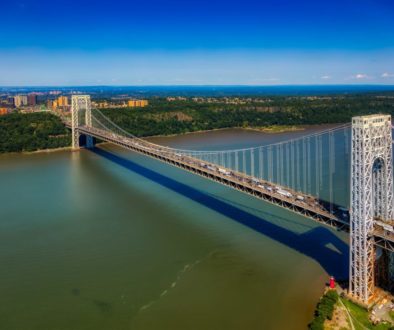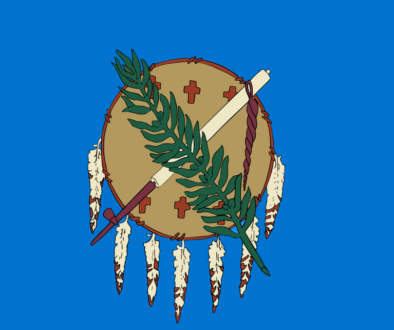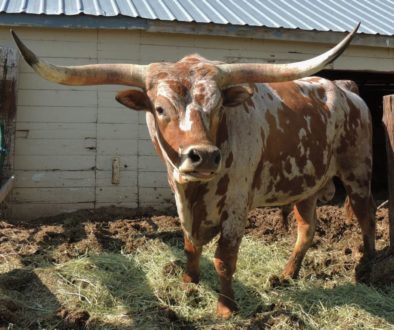New Hampshire
History: Historians know that people were living in New Hampshire more than 12,000 years ago, who later became the Androscoggin and Pennacook tribes. In the early 1600’s French and English explorers visited the area. The English established the first European settlement in 1623 near present-day Dover. The French, English settlers, and their Indian allies fought over the region for many years. After 1763, the area came under the control of the British and became one of the 13 original colonies. In January 1776, New Hampshire became the first colony to create a constitution and declare its independence from Great Britain. On June 21, 1788, it ratified the U.S. Constitution and became the ninth state.
Economy: Mining is important to New Hampshire’s economy – granite, sand, gravel, as well as some semiprecious stones including garnet and beryl. Its agricultural products are – dairy, nursery stock, cattle, apples, and eggs. Industries are machinery, electrical equipment, and rubber and plastic products. Tourism is also a big part of the economy, primarily for winter recreation.
Climate: Most of New Hampshire has a humid continental climate; with warm, humid summers, and long, cold, and snowy winters. It gets about 40 inches of precipitation (rainfall) throughout all seasons of the year. The southeastern are has milder winters, because of close proximity to the Atlantic Ocean.
Geography: The Great North Woods, the White Mountains, the Lakes Region, the Seacoast, the Merrimack Valley, the Monadnock Region, and the Dartmouth-Lake Sunapee area make up New Hampshire. It has the shortest ocean coastline of any coastal state. A lot of New Hampshire is covered with conifers and northern hardwoods, with the White Mountains (part of the New England Acadian forest) providing the highest percentage (about 85%) of timberland area in America.
Fun Facts:
- New Hampshire is nicknamed the Granite State because it has a history of granite mining.
- New Hampshire’s original settlement, Strawberry Banke, in Portsmouth, has 32 historic buildings.
- The first primary election in the U.S. is always held in New Hampshire.
- Maple sundaes and cider donuts are popular desserts.
- Mt. Washington, the highest point in New Hampshire and all of New England, is one of the windiest places on Earth.
- The first potato crops in the U.S. were planted near Londonderry in 1719.
Points of Interest:
- Washington Cog Railway
- Strawberry Banke historic settlement in Portsmouth
- Cannon Mountain Aerial Tramway in Franconia Notch
- Harbor Trail and Historic Houses in Portsmouth
- Monadnock
- Woodman Institute and Garrison House in Dover
Six additional sites to visit for more information:
en.wikipedia.org/New_Hampshire
www.infoplease.com/new-hampshire
kids.nationalgeographic.com/new-hampshire/
www.coolkidfacts.com/new_hampshire




